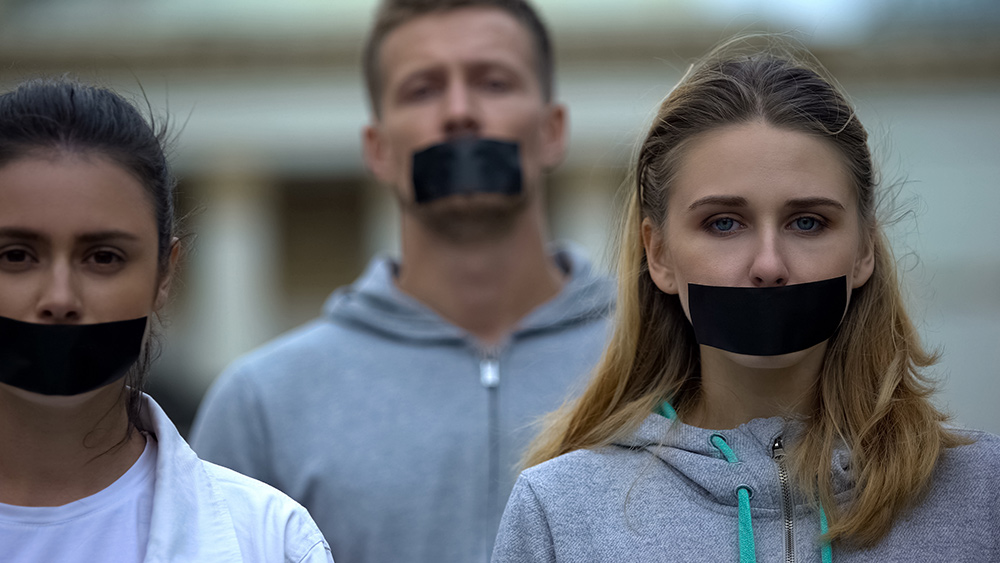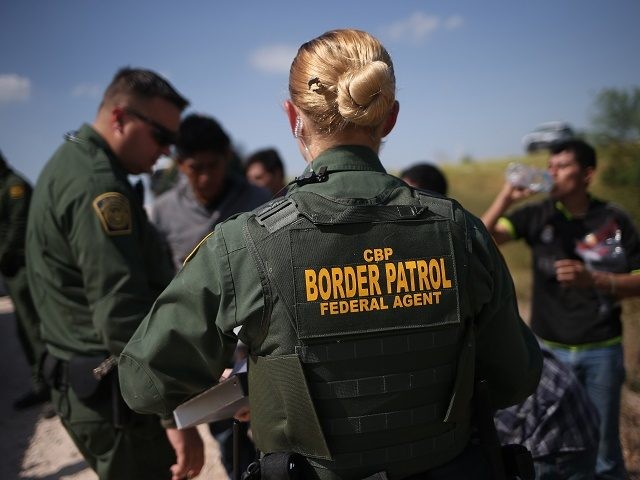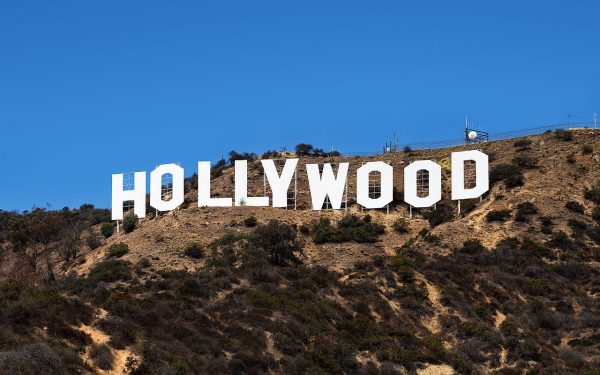 Parler
Parler Gab
Gab
The catalyst for this setback lies in the dissemination of images and videos across social media platforms, revealing McDonald’s franchise stores in Israel providing complimentary meals to members of the Israeli military. The resultant public outcry has given rise to spontaneous boycotts, with consumers in the Middle East and other Muslim-majority nations such as Saudi Arabia, Malaysia, and Pakistan, expressing their discontent and calling for a boycott of the iconic burger chain.Thousands across the world are boycotting Starbucks after it sued its workers union for expressing Palestinian support and solidarity and condemning Israel.
But Starbucks isn’t alone, McDonalds, Coca Cola, Puma and even Disney are other companies called to boycott. pic.twitter.com/yWZilXCqT8 — AJ+ (@ajplus) November 10, 2023
Kempczinski acknowledged the severity of the situation, citing the impact on various markets in the Middle East and beyond. While he decried the “disheartening and ill-founded” nature of the boycotts, he notably refrained from providing specific details regarding the scale of the business impact. With approximately 2,000 McDonald’s restaurants in the region, the repercussions are substantial, underscoring the challenges faced by multinational corporations in navigating geopolitically charged conflicts. The McDonald’s scenario is not isolated, as major Western brands, including Starbucks and Unilever, find themselves entangled in similar controversies due to their perceived alignments in the Israel-Palestine conflict. The complexities of managing public perception and business interests in the face of such politically sensitive issues have proven to be formidable for these global entities.?⚡ [ FLASH INFO ] LE BOYCOTT FONCTIONNE TRÈS BIEN : Le PDG de McDonald's, Chris Kempczinski, a déclaré que la société reconnaît que plusieurs marchés du Moyen-Orient et même certains en dehors de la région "subissent un impact commercial significatif en raison de la guerre" à… pic.twitter.com/7wOBSIJ0JT
— ? ?? Gaza News+ (@GazaNewsPlus) January 4, 2024
Despite the boycotts and the subsequent geopolitical tensions, both McDonald’s and Starbucks have reported positive global sales figures. McDonald’s, notably, reported a 10.9% increase in Q4 2023, defying expectations of a more significant downturn. This resilience underscores the nuanced interplay between global brand image and regional controversies. Read more at: RT.comJUST IN: McDonald's CEO says that 'several markets in the Middle East and some outside the region are experiencing a meaningful business impact due to the war and associated misinformation'. pic.twitter.com/WQrsemkXsm
— The Spectator Index (@spectatorindex) January 4, 2024
WHO’s Tedros demanding COMPLIANCE from the world using hypothetical Disease X
By Ava Grace // Share
Canadian court deems PM Trudeau’s attacks on Freedom Convoy truckers UNCONSTITUTIONAL
By Ava Grace // Share
European Union adopts resolution that criminalizes HATE SPEECH
By Ava Grace // Share
Can Texas constitutionally engage in war and protect itself from imminent danger?
By News Editors // Share
It’s time for American Jews to abandon the Democratic Party
By News Editors // Share
Hollywood star Will Ferrell has become the latest mouthpiece for transgender propaganda
By News Editors // Share
Governments continue to obscure COVID-19 vaccine data amid rising concerns over excess deaths
By patricklewis // Share
Tech giant Microsoft backs EXTINCTION with its support of carbon capture programs
By ramontomeydw // Share
Germany to resume arms exports to Israel despite repeated ceasefire violations
By isabelle // Share










